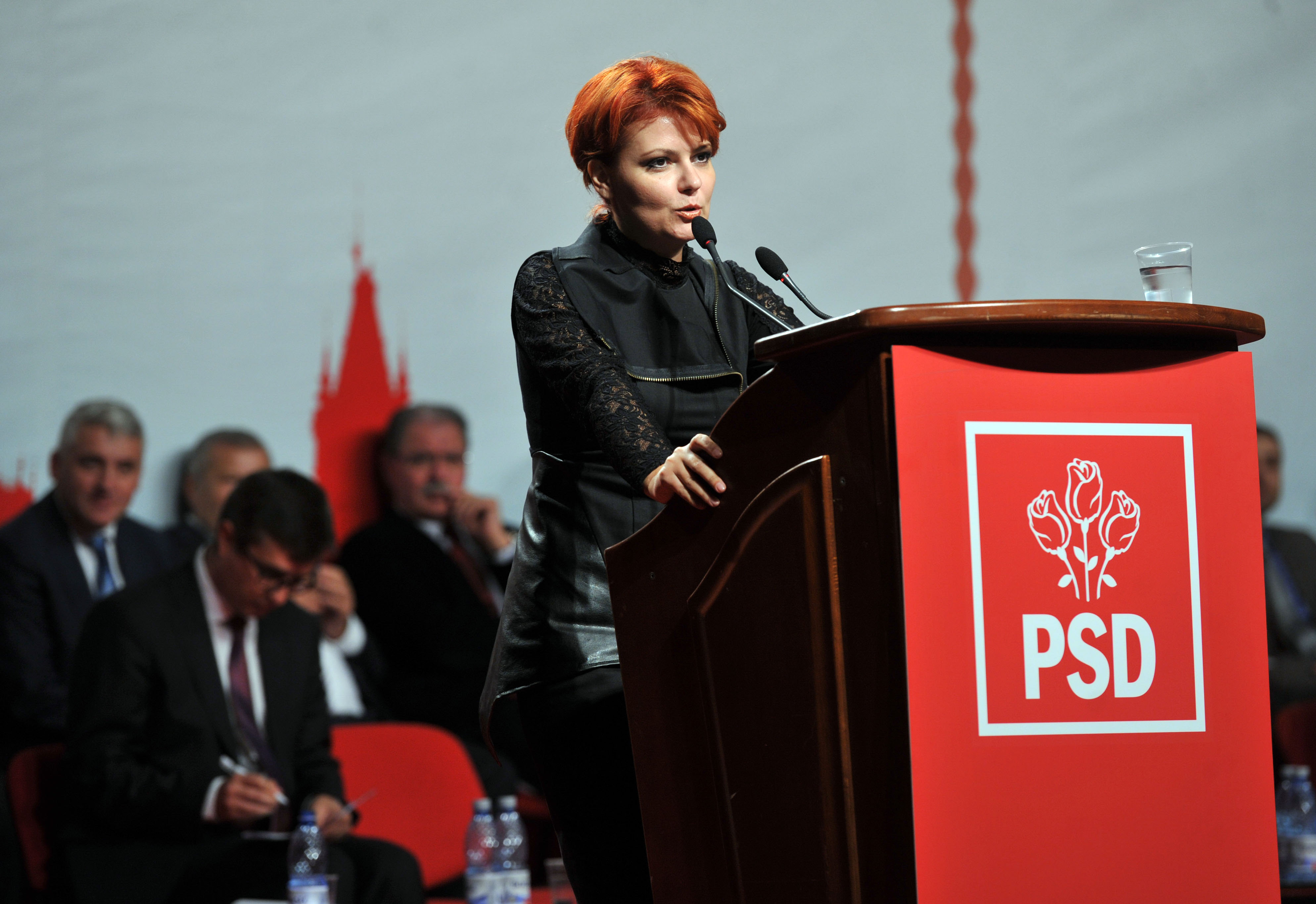Slovakia – According to recent polls, Andrej Danko is the most popular politician in Slovakia. The leader of the Slovenská národná strana (Slovak National Party) is even beating out the chairman of the ruling party, and current Prime Minister Robert Fico, only three months after the last elections.
In one or two election terms, Danko has the biggest chance to become the new Prime Minister, wrote the Slovak Spectator. According to the analyst Martin Slosiarik of the Focus polling agency, Danko is able to win voters’ popularity also thanks to the bad reputation of his predecessor in the party, Ján Slota; scandals of his current coalition partners, the stated stress on Slovakia’s national interests – as well as to the fact that he will only be 42 this August, explained the Slovak Spectator.
Slosiarik also added about Danko that “because of his age between 40 and 50, voters perceive him as active leader who has, compared to Prime Minister Robert Fico, the advantage of being new in politics”. The 42 years old politician is seen as the least repulsive Slovak politician of the nine parties’ leaders that are currently represented in the Parliament. The Slovak Spectator summed up that Danko is perceived as a likeable politician by 50.2 percent of respondents of the Focus poll; followed by Most-Híd’s chairman Béla Bugár with 43.3 percent and Fico, with 36.4 percent. Although for Smer voters, Fico still holds 95-percent popularity, his weak point may be the scandals, long career in politics, or the fact that he divides people. Even 75 percent of Smer voters have a liking for Danko.
Former leader of SNS Ján Slota was used to chauvinistic speeches and stances. Compared to Slota, Danko gives genteel impression, has background without famous negative scandals and does not attack the Hungarian minority. “Nationalism in his interpretation is not vulgar, and people see it rather as patriotism,” Slosiarik added. For the political analyst Tomáš Nociar, “together with reputation that SNS has had in the long term, Danko is able to attract both mainstream and protest voters.”
“The public sees Danko for example also through good relations with Most-Híd chairman Béla Bugár which voters in the south of Slovakia [where there is a huge Hungarian ethnic minority which represent 10% of the country’s population] may appreciate,” Slosiarik explains. This rupture with the chauvinistic line of his predecessor Slota makes Danko able to unite the people in the country beyond ethnicity.
Next election should take place in 2020.
Source : The Slovak Spectator




